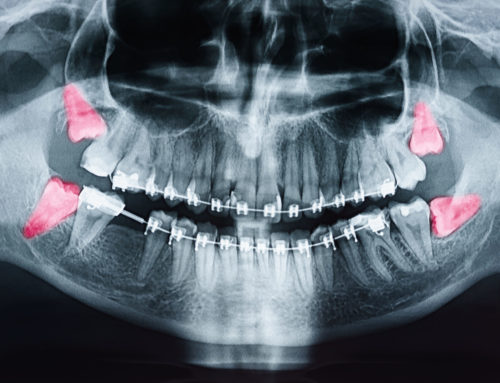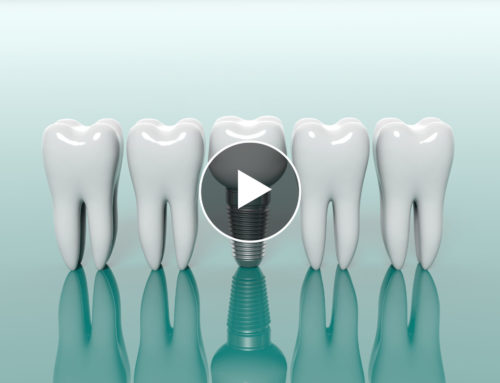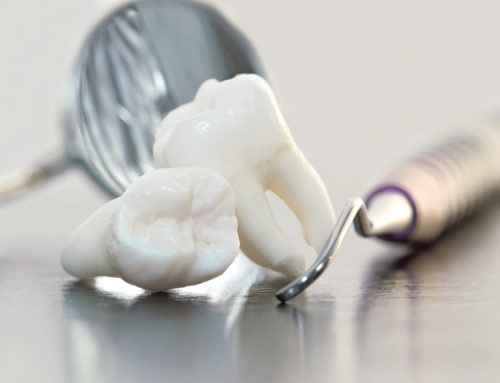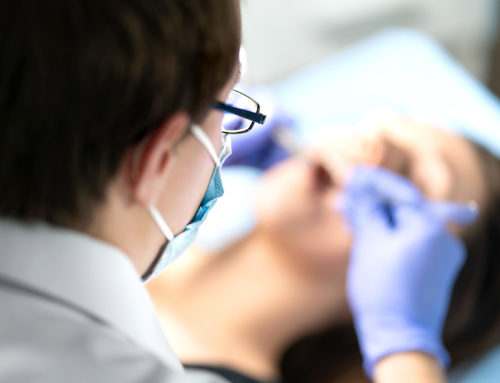 Wisdom teeth, or the third molars, often become impacted in the jaw and, in most cases, need to be surgically extracted. This procedure can be a complex procedure, requiring cutting of the gums and bone. In some instances, some surrounding bone may also need to be removed to get the whole tooth out. With a wisdom tooth extraction, comes pain.
Wisdom teeth, or the third molars, often become impacted in the jaw and, in most cases, need to be surgically extracted. This procedure can be a complex procedure, requiring cutting of the gums and bone. In some instances, some surrounding bone may also need to be removed to get the whole tooth out. With a wisdom tooth extraction, comes pain.
Pain is Normal
Some pain and discomfort, once the anesthesia wears off, is completely normal following a wisdom tooth extraction. The pain usually peaks six hours after the procedure, but may only last for a few days. It can usually be managed with over the counter pain medication. Your surgeon may prescribe stronger pain medication, especially if the procedure was more intensive, and they should help to alleviate stronger pain.
Rest
Getting plenty of rest after the surgery is not only important for healing, but also for keeping pain at bay. Sit, or lie down with your head elevated. You should limit physical activity, especially during the first twenty-four hours. Strenuous activity and exercise too soon after can cause pain to worsen.
Diet
For at least the first day or so following surgery, you should limit yourself to soft food, or even a liquid diet. But make sure you get plenty of nutrients, which can help aid in a faster, less painful recovery. Avoid hard or crunchy foods, as they can irritate sensitive tissue at the surgical site and potentially get lodged, not only causing pain but increasing your risk of infection, which can lead to more problems, including pain.
Oral Hygiene
Keeping your mouth clean is important to a quick recovery. Brush gently, especially around the back of your mouth. The bristles of your toothbrush can irritate the tissue and increase the amount of pain felt.
Pain is normal following a wisdom tooth extraction. If the pain doesn’t go away, though, or you experience excruciating pain that can be managed even by prescription medication, you may have an infection. Contact our office right away.






